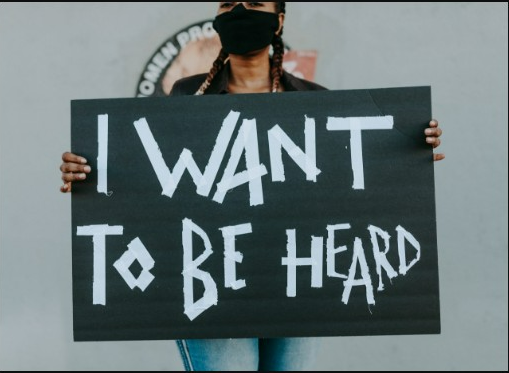What About Justice for Sufferers?
08 Nov 2024 05:50:47
Recently an article by Times Of India by Shri Swaminathan Ankalesariya Aiyar, "Assassinations kill individuals but not ideas". Many thinkers, and column writers, have expressed similar thoughts whenever there is an incident of elimination of criminals, terrorists or deeply anti-social elements. There is always a discussion on whether the death sentence should be abolished.

The author argues that such assassinations don't either 'eradicate ' or ' annihilate ' or ' topple the organisation. Such events don't represent victory. The central point is, that an individual can be eliminated, not the idea. The original idea keeps getting resonated in many minds, it creates new martyrs. It is a starting point, it gives momentum to the endless cycle of killings and revenge. It might appear like a momentary closure, but it is deceptive. Usually, many incarnations are born, and many more who hold the idea sacred, come forward to take the plan ahead.
Elimination of few, he states, is a bad idea. Killings do not finish the dream or the idea even. He quotes the Shin Bet ( this is a general security service of Israel that counters intelligence focused on political sabotage, terrorist activities, and security matters of a strong political nature. The meaning of the name is ' The unseen shield ' )to support his argument. ' A battle for the heart and minds of people cannot be won by assassinations. '
Such arguments are put forward repeatedly but it does not give justice to the victims. The victims are innocent people usually, their life is shattered, and suddenly it comes to a halt. It causes immeasurable loss to their life, it does not end, they have to endure the pain throughout their life. The state cannot fill the vacuum or void created by the death of a person or disability by giving financial support. Sometimes it even influences a couple of generations. When a person is killed as a result of some terror act, all the people with whom he is related experience the blow, and causes dread.
Demanding secession is supposed to be legitimate politics. Is it so simple in the modern world order? Usually, there are many factors and interests at play. When foreign elements are found to be fueling such activities, as is evident in many cases in the world, are they to be ignored? Can such demands be just treated as the expression of people's aspirations alone?
Much has been written about Khalistan politics by reliable sources. After reading and knowing much about it, is it to be simply accepted as people's will?
If such terror elements are not to be dealt with sternly hand, how it is to be contained? How lay people are to be saved?
It is always pleaded that terrorists are to be combatted with convincing ideas. Till they change their heart, shall they be allowed to kill and harm innocents? Do we simply wait to get them unradicalised? Many questions need attention and satisfactory answers. Hardly they are focused.
No doubt they have to be countered by convincing ideas, helping them see the futility of their theories. Is it an easy process? No, it certainly is not. It is a long-drawn activity. A society or a state has to design such awareness initiatives or sensitisation programmes, it is an enduring affair. It bears fruits. Along with other methods, this task is to be simultaneously given attention to. Of course, justice cannot be denied to the sufferers also, can we?